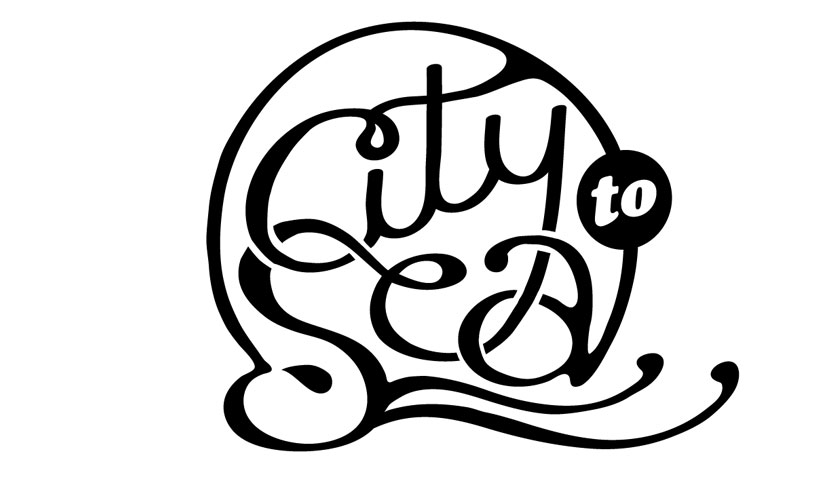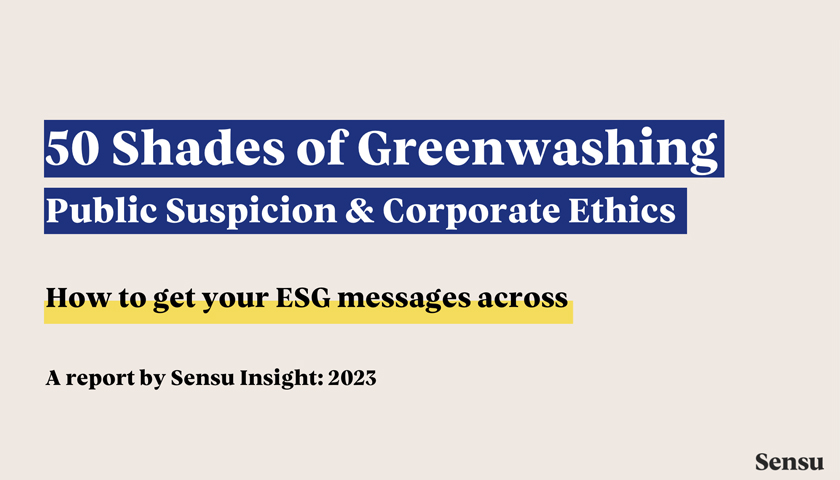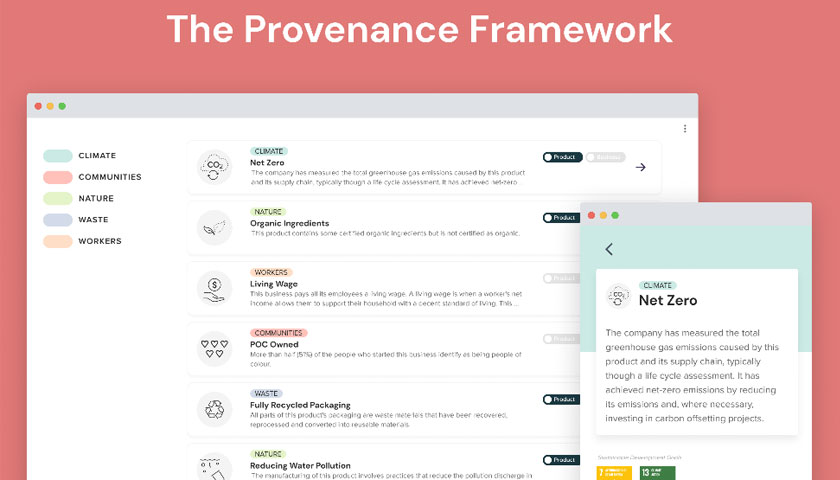Environmental campaigners at the not-for-profit, City to Sea, have called on the big tea bag brands to take part in a greenwashing “AmnesTea” and to stop using confusing terms like “compostable” and “biodegradable” unless their products meet the highest standards. Currently, some tea bags can be made enmeshed with plastics like polypropylene fibers, but even tea bags claiming to be “plastic-free” or even “compostable” can often include bioplastics like polylactic acid (PLA). PLA, like many other bioplastics, is a plant-based polymer that is considered “biodegradable” but only in industrial settings…
Search Results for: Greenwash
Greenwashing growing increasingly sophisticated, says Planet Tracker
Corporate greenwashing involves a company enhancing – or fabricating – the environmental impact of its services and products. According to the latest report by financial think tank Planet Tracker, The Greenwashing Hydra, this practice has become increasingly sophisticated, taking many different forms. Greenwashing activities range from seemingly innocuous strategies that market a product inaccurately, to practices that emphasise a singular green activity to intentionally distract from broader damaging environmental policies. In the report, Planet Tracker identifies six types of greenwashing: Greencrowding is built on the belief that you can hide…
50 Shades of Greenwashing Research Report: How to create effective ESG communications
Accusations of greenwashing, sportswashing and corporate virtue signalling are on the rise. Collectively, the global profile for these terms has increased 46% over the last year, with media mentions up by 68% over the same period. While this might lead some organisations to seek to avoid ESG communications (‘greenhushing’ is another trend being reported), in reality there is unavoidable pressure to explain and justify ESG credentials – from investors, customers, employees, and media among others. It’s never been more important to understand how ESG communications are being received. Greenwashing Research…
Half of UK marketers fear ‘greenwashing’ despite consumers wanting more insight into companies’ sustainability agendas
New research from the Chartered Institute of Marketing (CIM) reveals that half (49%) of marketers are weary of working on sustainability marketing campaigns due to the fear of their company or clients being accused of ‘greenwashing’. It comes as new regulations, such as the Competition and Markets Authority’s ‘Green Claims Code’, are introduced to hold brands more accountable for their sustainability claims. The survey, which looks at the views of over 200 marketing professionals in the UK, shows that over half (55%) of marketers’ companies and clients recognise sustainability as…
As Greenwash Crackdown Looms, A ‘Green’ Claims Rulebook Launches to Help Businesses Prove Their Eco-Creds
In advance of UK Government guidelines designed to stamp out greenwashing by brands, Provenance – a software company and social enterprise that enables businesses to make substantiated green claims and shoppers to fact-check them online and in-store – has launched a free, digital rulebook, the ‘Provenance Framework’ to help businesses prove their eco-credentials and keep them shopper-friendly. The online tool is version 2.0 of an original ‘Proof Point’ framework for which the European Commission awarded Provenance a €1M prize in 2020. An open-source product, the rulebook helps businesses make credible shopper-facing…



